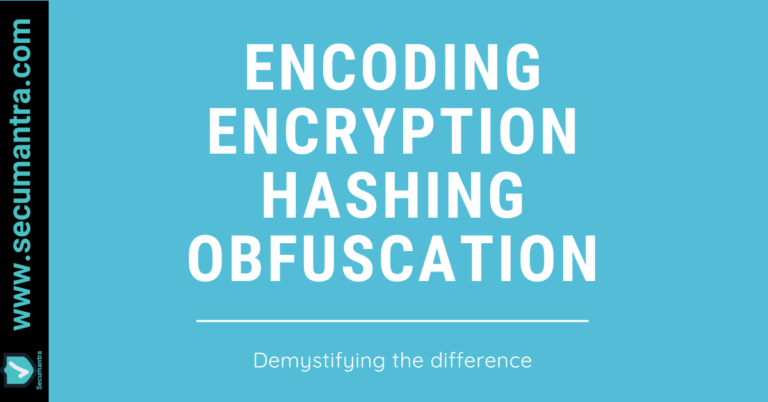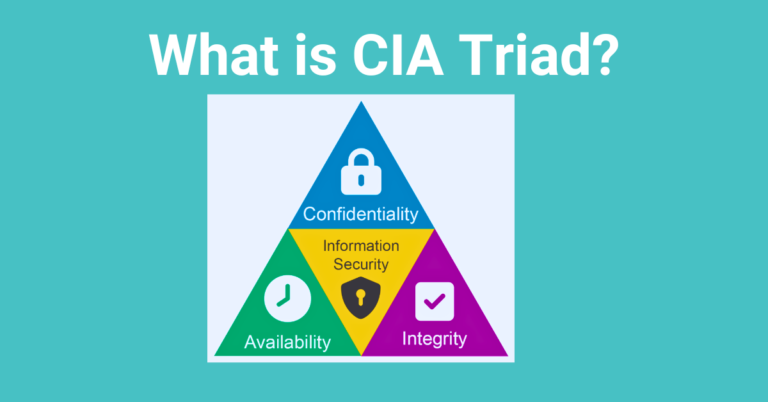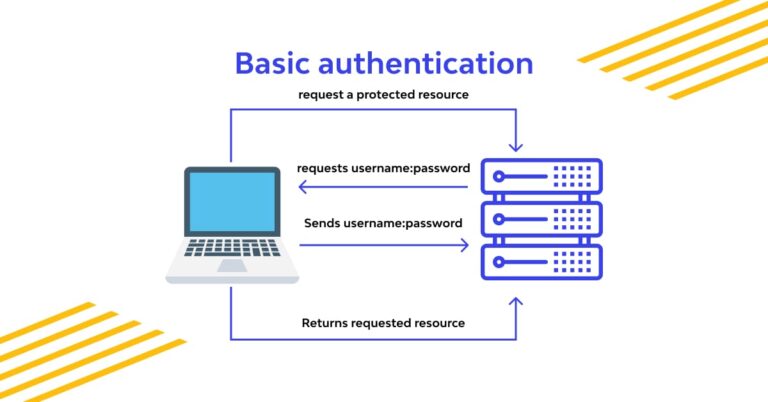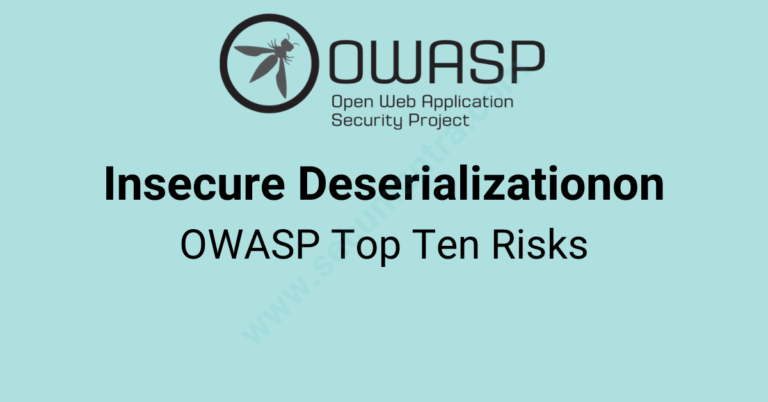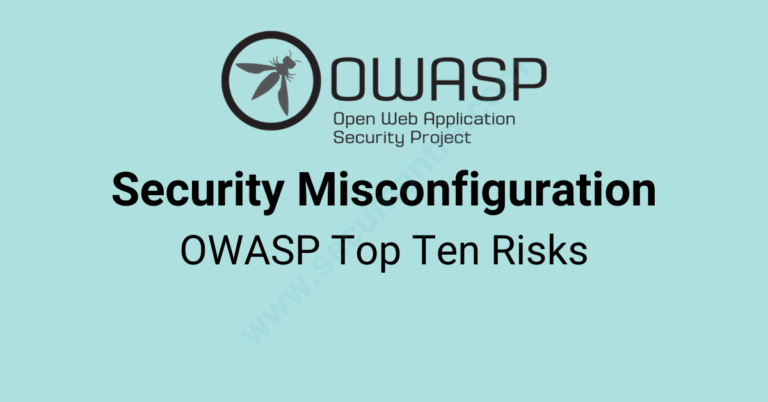Hashing, Encryption, Encoding, and Obfuscation: Understanding the Differences
In the realm of cybersecurity and data protection, four terms often surface: hashing, encryption, encoding, and obfuscation. While they may seem interchangeable at first glance, each serves a distinct purpose and offers unique advantages and limitations. There is often significant confusion around the differences between encryption, encoding, hashing, and obfuscation. Understanding the differences between these…

